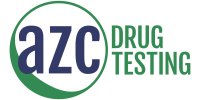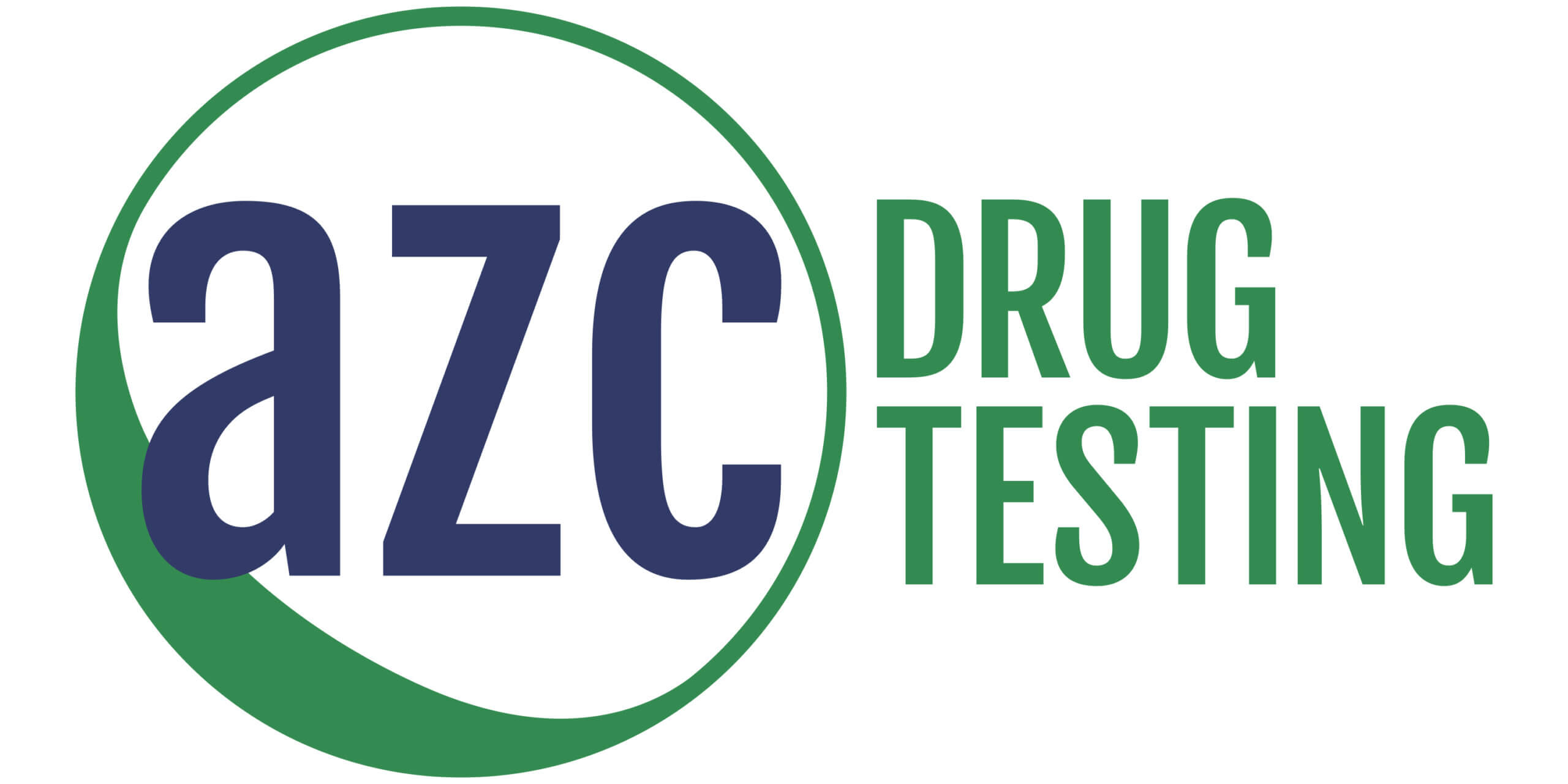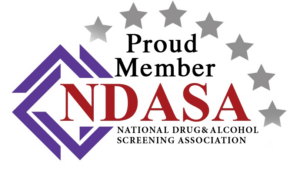In 2012, over 10,000 Americans were killed in a drunk driving related crash. That’s over one third of all traffic fatalities, and an average of one alcohol related death every 51 minutes.
Drunk driving is a serious offense. But it doesn’t just affect the person behind the wheel, or even just the people involved in alcohol related car accidents. The impact is extensive, and involves everyone.
In 2011, over 1.2 million Americans were arrested for driving under the influence. Arrests, prosecution, and the consequences of traffic accidents, such as insurance, emergency services, hospital and repair costs, add up to an astounding financial price everyone has to pay: the National Highway Traffic Safety Administration estimates that drunk driving costs each American taxpayer more than $500 every single year.
The rate of alcohol related crashes is much higher during holidays, with a high percentage of people attending parties and enjoying time off work with family and friends. New Year’s Eve is the number one day for DUI arrests every year.
Fortunately drunk driving deaths have decreased dramatically since the 1980s, with nationwide efforts to raise awareness, encourage use of designated drivers, create serious consequences for offenders, and increase the availability of technology and services that prevent these types of accidents altogether.
Today employers can use state of the art testing devices and programs like Oschmann Employee Screening Service’s alcohol testing management software to help inhibit alcohol related accidents. Oschmann’s background screening and driver qualification file maintenance programs help businesses keep careful track of drivers’ safety records and hire the right people for the job. Their training services can ensure that all company drivers are well educated about the effects of drunk driving.
Oschmann Screening also offers a variety of Lifeloc breath alcohol testing systems. The availability of a device that shows drivers how close they are to the legal limit for blood alcohol content isn’t just about employment obligations, it’s about personal responsibility. Buzzed drivers who can check themselves are much less likely to get on the road, endangering themselves and others. That’s a gift everyone can appreciate.





